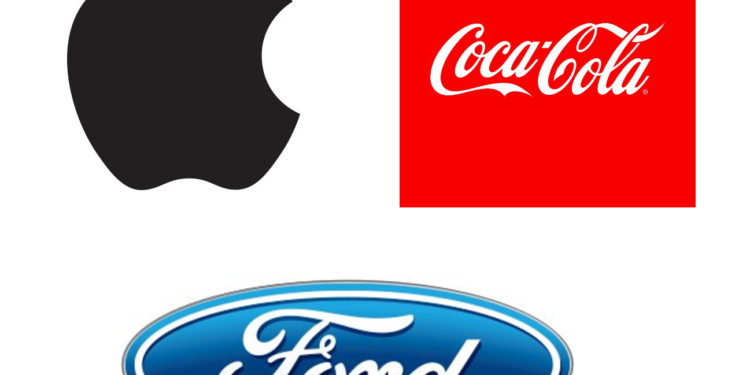Despite 40% of respondents in Mexico, Russia and UK have a negative perception of US, American brands are still loved.
J. Walter Thompson presented a new study that analyzes the current situation of the country brand “United States” and how it impacts on US brands and their position on the global stage. The study reveals that while the perception of the country brand has deteriorated considerably in the past year, US brands are still favorably perceived.
Only 15% of the respondents said that the situation of the country of origin of the brands is important for them to be liked. Apple, Coca-Cola, Ford, McDonald’s, Microsoft and Nike are the top American brands mentioned spontaneously.
Despite concerns about the “United States” brand, US brands are widely accepted: 78% in the UK and 93% in China and India; curiously a higher percentage than in the United States where approval is 90%. These figures have changed little since 2012, suggesting that US and foreign consumers clearly distinguish between the country brand “United States” and US brands.
Knowledge about the origin of American brands has been tempered, in part, by alliances with local brands and the “tropicalization” or adaptation of certain products in each country, showing a weakening of the idea that brands have a country of origin.
Some other studies find that Brand America, which mainly analyzes the situation of the country brand “United States”, detects obvious changes in the attitudes towards the country in recent months.
The number of international visitors to the United States during the first quarter of 2017 fell 4.2%, equivalent to 700,000 people, compared to the previous year, according to the latest published figures by the United States Department of Commerce. This drop is equivalent to a loss of $2.7 billion in spending, according to Oxford Economics.
While 64% of respondents expressed confidence that Barack Obama was doing well in international politics during the last year of his presidency, only 22% of respondents have confidence in Donald Trump, according to the survey Global Attitudes of the Pew Research Center, held in 37 countries during the spring of 2017. Many studies have shown that trust is intimately linked to consumer spending.












